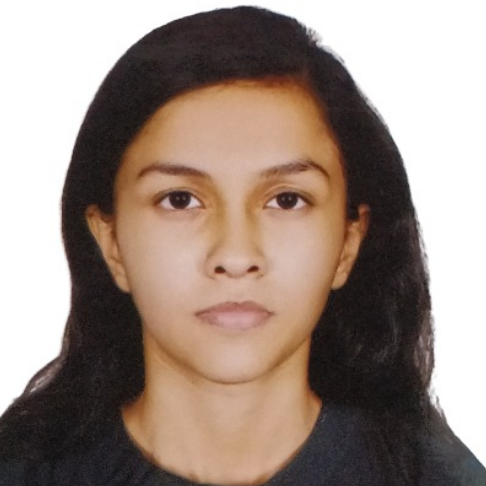
Tapu Biswas
Work place: Department of Computer Science, American International University-Bangladesh, Dhaka, 1229, Bangladesh
E-mail: tapubiswas731@gmail.com
Website:
Research Interests: Machine Learning, Software Engineering, Data Science, Data Mining
Biography
Tapu Biswas is currently studying for her BSc In Computer Science & Engineering-Major in Information Systems at American International University-Bangladesh AIUB in Computer Science and Engineering. Her research interests are in software engineering, machine learning, data science, and data mining.
Author Articles
ScrumSpiral: An Improved Hybrid Software Development Model
By Tapu Biswas Farhan Sadik Ferdous Zinniya Taffannum Pritee Akinul Islam Jony
DOI: https://doi.org/10.5815/ijitcs.2024.02.05, Pub. Date: 8 Apr. 2024
In the lightning-quick world of software development, it is essential to find the most effective and efficient development methodology. This thesis represents "Scrum Spiral" which is an improved hybrid software development model that combines the features of Scrum and Spiral approach to enhance the software development process. This thesis aims to identify the usefulness of "ScrumSpiral" methodology and compare it with other hybrid software development models to encourage its use in software development projects. To develop this hybrid model, we did extensive research on the software engineering domain and decided to create a hybrid model by using Scrum and Spiral, named "Scrum Spiral" which is suitable for complicated projects and also for those projects whose requirements are not fixed. Traditional software development models face numerous challenges in rapidly changing markets. By developing this kind of hybrid model, we want to overcome these kinds of limitations and present the software development community with a novel concept for better project results. Final outcome of this thesis was that we developed a model that should be able to complete the project according to the expected schedule, satisfy customer requirements, and obtain productivity through team coordination. The significance of the hybrid model "Scrum Spiral" is reflected in its ability to offer flexibility towards various size projects, proactive risk management to identify all risks before developing the system, and result in higher-quality outcomes for those projects whose requirements are not properly described initially in the project.
[...] Read more.Other Articles
Subscribe to receive issue release notifications and newsletters from MECS Press journals